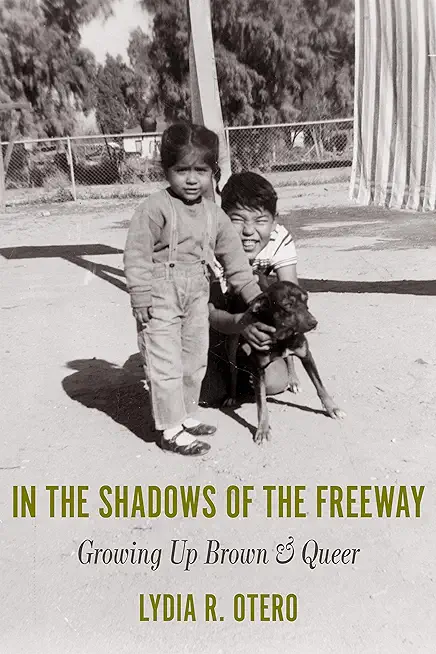
description
6Born in 1955, Lydia R. Otero knew they were queer the moment their consciousness had evolved enough to formulate thoughts. Nicknamed La Butch by their family, Otero shares a unique perspective: displaced by their queerness, but rooted in place through their relationship with Tucson, Arizona. In this book, which combines personal memoir and the historical archive, Otero takes readers to a world that existed on the physical and social margins and describes how a new freeway created a barrier that greatly influenced formative aspects of Otero's childhood. The author examines the multiple effects of environmental racism, while the lack of services and low expectations of the schools Otero attended are further examples of the discrimination directed at brown people. This book offers more self-disclosure than Otero's previous works, as the author's memories and experiences of childhood take center stage. Otero reveals the day-to-day survival mechanisms they depended upon, the exhilaration of first love, and the support they received from key family members
member goods
No member items were found under this heading.
Return Policy
All sales are final
Shipping
No special shipping considerations available.
Shipping fees determined at checkout.







